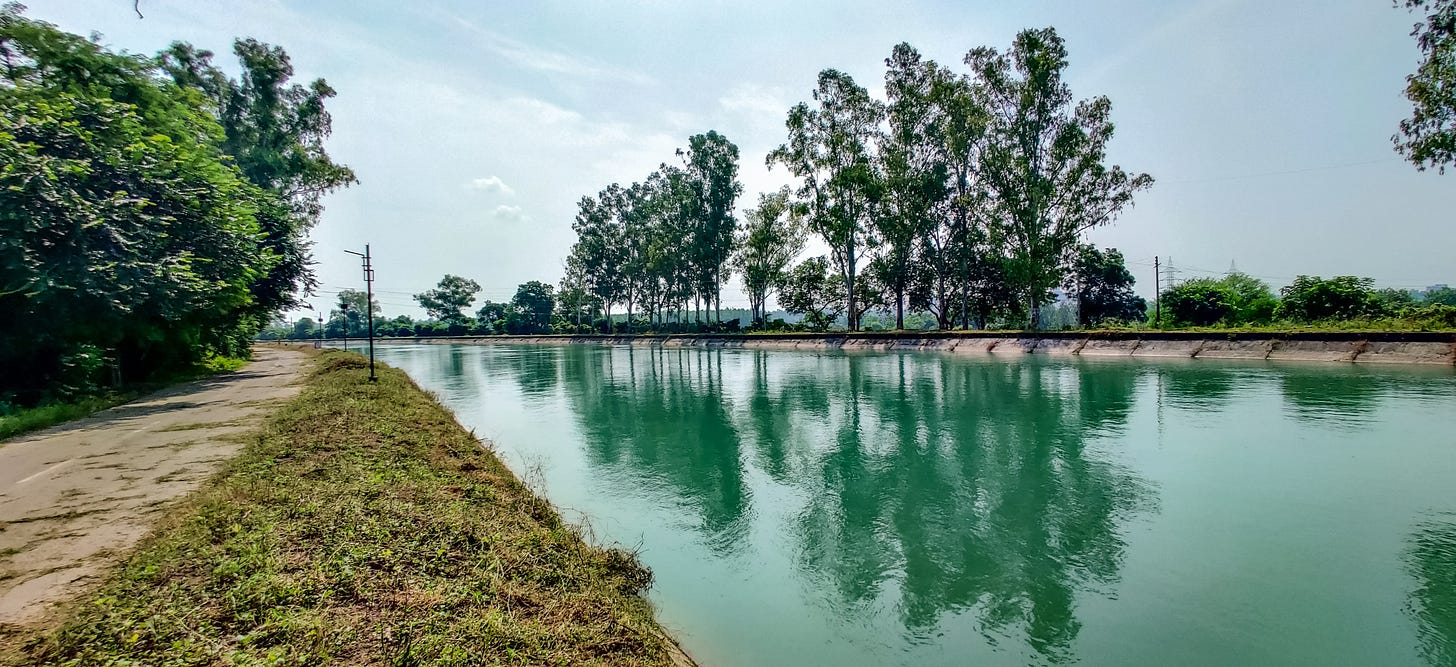Amaan Bali: PM Kisan Scheme Is Nothing More Than An Eyewash
In contrast to the PMKSNY, farmers demand that the Swaminathan formula be implemented and farmers should be paid proportionally for the work they do.
Amaan Bali
May 14, 2021 | 3.5 min. read
Prime Minister Narendra Modi transferred ₹19,000 crore to India’s farmers today under the PM Kisan Samman Nidhi Yojna (PMKSNY) scheme.
The scheme was announced by Piyush Goyal in 2019 and this is the eighth installment of the funds. Small and marginal farmers are supposed to receive ₹6000/- annually, via three installments of ₹2000/- every four months, with the help of this plan.
The scheme is more of an eyewash and does very little to solve the problems faced by farmers. Not only does it fail in its implementation, but it also exposes how the government has failed to understand the seriousness of the challenges faced by farmers.
The scheme is completely cut off from the ground realities of agriculture in the country.
It is ironic that the name of the scheme is ‘Kisan Samman Yojna’ because a sum of ₹2000/- rupees is insulting during these times of inflation. The costs of production for farmers have risen many folds over the years.
DAP price has been revised to ₹1900/- from ₹1100/-
Diesel price has risen to ₹88-90/- from ₹62/-.
The cost of seeds has not taken into account.
The cost of fertilizers has not taken into account.
The labour force employed by farmers has not been taken into account.
For small and marginal farmers, families work in the fields, and hence the cost of family labour is also never paid at all and remains hidden.
₹2000/- is not enough.
I spoke with Jagjit Singh, a farmer in Patiala. He tells me that he received the PMKSNY fund in his account and used it right away to pay his labourers and fertilizer supplier. It is hardly an amount that is sustainable or helpful beyond the extreme immediate.
Another small farmer, Harcharan Kaur, a widow who lost her husband to suicide due to farm debt tells me that she has a family of four. She says that her landholding after the death of her husband has shrunk to a mere one acre from a little more than three acres.
“I had to sell off the land and the tractors to pay the debt. My husband worked really hard and never wanted to sell the land” she says pointing to the plot that no longer belongs to her. She says that she has a son, a daughter, and her mother in law who depend on her for survival.
“₹2000/- is not enough. It does not cover monthly expenditures.”
In contrast to the PMKSNY, farmers demand that the Swaminathan formula be implemented and farmers should be paid proportionally for the work they do.
“We don’t want to be given easy peanuts in our accounts, give us what we deserve,” said a farmer who is standing in line outside Patiala’s Rajindra Hospital.
He said that he has so far spent ₹28,000/- for the hospitalization of his son who is suffering from COVID-19 and other complications. He says that the government needs to work on easing up institutionalized credit and making respectful payments for the hard work that farmers do.
The current policies and schemes are seen as nothing more than a PR exercise for Modi.
The implementation failures of the PMKSNY are another conversation. Jagjit Singh says that there are farmers who have not received the money in their accounts at all.
According to information received in reply to an RTI, over one million fund transfer failures were reported across the country under the PMKSNY scheme during the COVID-19 lockdown between March 23 and July 31.
We went to meet one of those farmers who has never received money under the scheme. Gurbaksh Singh, who was at Singhu Border as well, says that he has not received any installment. He said that his account is linked and his Aadhar is also linked but no one is keen to solve why funds never reached him.
All in all, the PMKSNY is reflective of a lot of what the Modi government does - haphazard, insufficient, and incompetent. As we have seen throughout the Farmers’ Protest, the central government needs to do more to actually listen to the ground realities of India’s farmers rather than assuming it knows best.
Amaan Bali is born and raised in Kashmir. He is an entrepreneur and author of the upcoming book, “Growing up on the right side of Kashmir History”. You can find him on Twitter at @amaanbali.
Baaz is home to opinions, ideas, and original reporting for the Sikh and Punjabi diaspora. Support us by subscribing. Find us on Twitter, Instagram, and Facebook at @BaazNewsOrg. If you would like to submit a written piece for consideration please email us at editor@baaznews.org.


